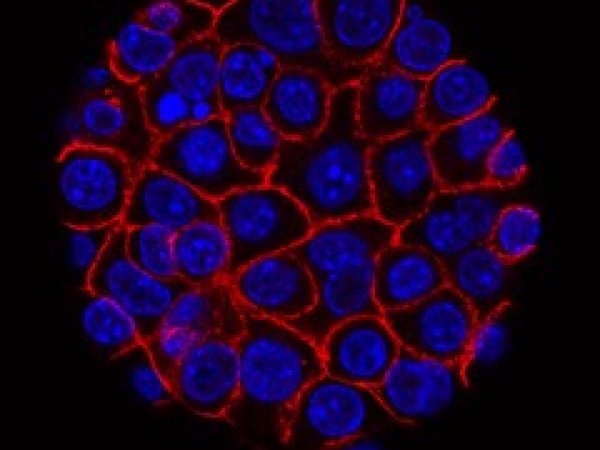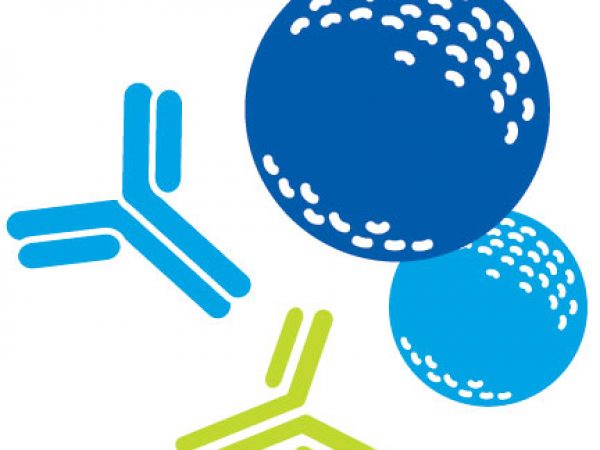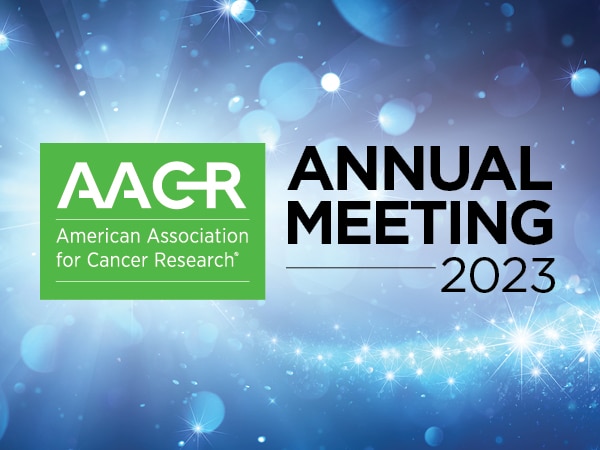AACR Announces Call for Abstracts for AACR Annual Meeting 2022
The American Association for Cancer Research (AACR) is pleased to announce the Call for Abstracts for the AACR Annual Meeting 2022. We anticipate another year of cutting-edge presentations covering the full spectrum of cancer research, including prevention, early detection, and interception; cancer biology and genetics, translational, and clinical studies; cancer health disparities, survivorship, population science, and advocacy.
The regular deadline for submissions is November 18, 2021. A full timeline of submission deadlines, along with early highlights of the scientific program, is available here. Please check our meeting website regularly for updates.
AACR leaders are hard at work shaping the scientific program for the meeting. This year’s Chair of the Program Committee, Marcia R. Cruz-Correa, MD, PhD, professor of Medicine and Biochemistry at the University of Puerto Rico Comprehensive Cancer Center, shared some of her thoughts on the developing program with Cancer Research Catalyst.
The theme of AACR Annual Meeting 2022 is Decoding Cancer Complexity | Integrating Science | Transforming Patient Outcomes. How will this inform your thinking as you work to build the program for the meeting?

Cruz-Correa: The motivation behind all our scientific efforts is to improve our current approaches, methods, and treatments for preventing, diagnosing, and curing cancer. Our patients are always at the center of our scientific endeavors, and the title reflects our approaches to tackling this very complex disease we know as cancer.
Let’s consider what we mean by “decoding.” In this respect, decoding means going into the individual patient, the individual organ, the cell, the genome, and examining how the microenvironment contributes to the carcinogenesis process either by promoting a fertile environment or by inducing the disease itself. Then, that microenvironment interacts with the macroenvironment (exposures such as obesity, microbiota, stress, diet, etc.) to induce, promote, or prevent disease altogether. As we plan the Annual Meeting, our stellar Program Committee is discussing session proposals that rigorously examine the interactions between the individual and the macroenvironment, shaping a program that will stimulate attendees to push the boundaries and prioritize areas that will transform patients’ outcomes.
There are common processes or scientific questions that can only be solved collectively with a team science approach that integrates different disciplines. Our intention is to develop a scientific program that will serve as a catalyst to advance the scientific agenda and guide the future of cancer research.
We’ve heard that disparities research will be woven throughout the program, including the plenary sessions. Why is it important to shine a light on disparities research, and how can the AACR Annual Meeting further illuminate the topics discussed at our Conference on the Science of Cancer Health Disparities in Racial/Ethnic Minorities and the Medically Underserved?
For more than a decade, the AACR has been a pioneer in leading the science of cancer health disparities, and we have attracted scientists who have demonstrated through epidemiological studies and outcome data that there are overt disparities in certain populations based on multiple factors—including gender, ethnicity, race, geographical location, and access to care, just to name a few.
As the science has continued to evolve, the biological basis for cancer-related disparities has become clear. We now have evidence that ancestry and specific genetic polymorphisms can contribute to cancer development—or in some cases, can protect individuals from disease. Systematic approaches integrating the diversity of the human being, incorporating germline genetics, epigenetics, the stroma, and the environment are necessary to fully understand cancer disparities. Hence, our approach is to weave the concept of individual diversity and the macroenvironment throughout the cancer research continuum, encompassing precancer, early diagnosis, interception, treatment, outcomes, and survivorship. A comprehensive approach to disparities is needed with integration of multiple scientific fields to help us decode the drivers of disparities. By integrating diversity throughout the conference, we will look at cancer disparities with multiple lenses, promoting new methods and approaches to understanding and preventing this major public health problem.
What scientific advances are you hoping to showcase, and what do you hope attendees will gain from the meeting?
Clinical trials have continued to evolve, and integration of diverse populations, molecular markers, and targeted therapy has been at the forefront of clinical research. There are new advances in the field of immuno-oncology, including clinical trials in immunoprevention. The science related to COVID-19 and cancer risk, as well as the sequelae of the disease, is a timely topic that may have important implications for premature aging and response to therapies. In the area of hematologic malignancies there have been advances in the field of adoptive cell transfer therapies, including advances in CAR T/NK cells and studies exploring their use in solid tumors. Genomic studies, including utilizing data from AACR Project GENIE and several international consortia that explore somatic and germline diversity and outcomes in diverse populations will be highlighted. Of course, immunotherapy, targeted therapies, and technologies to prevent, detect, monitor, and manage cancer continue to evolve and we anticipate exciting data to be presented during the AACR Annual Meeting.
Despite the challenges of the coronavirus pandemic, cancer research has continued on. As we issue the official Call for Abstracts, what message would you like to send to researchers, whether they be senior faculty or early-career scientists?
The AACR and its members are the leaders in the field of cancer research, and we have continued to thrive despite the challenges during the last year and a half. Let’s join forces to collectively examine and learn from our challenges and successes so that we will continue to advance the field of cancer research. Innovation and technology with multisystem approaches are the key to effective advances that will reach all populations in our global community. The AACR Annual Meeting 2022 will bring us closer as a global scientific community with a joint purpose of transforming patient outcomes driven by the best cancer research.



